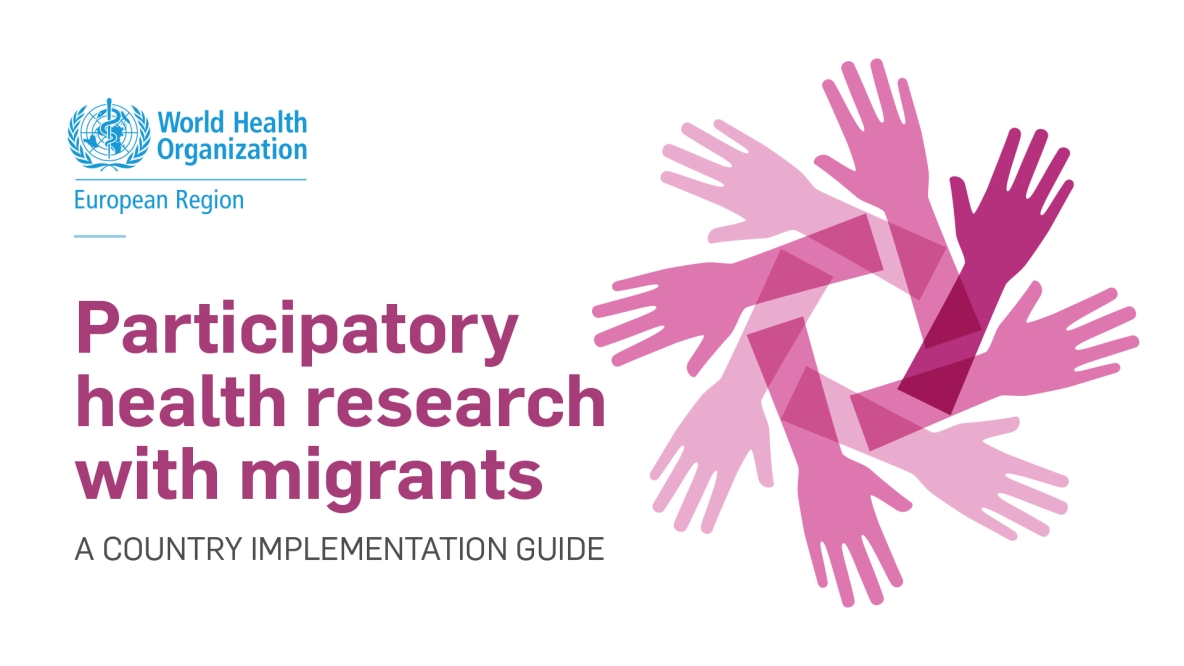
A new report from University of Limerick and the World Health Organisation has shown that participatory research is essential in building migrant-sensitive health systems.
The new WHO/Europe report, launched by the WHO on International Migrants Day 2022, shows that involving migrants in health research improves migrant-sensitive service delivery and fosters empowerment.
The report was developed by the Migration and Health Programme of WHO/Europe together with the WHO Collaborating Centre for Migrants’ Involvement in Health Research at University of Limerick.
The report makes clear that, despite existing international policy, underserved communities such as migrants are not yet involved in research on their own health.
“Underrepresentation of migrants has significant negative effects on health policy, practices and outcomes,” explained Professor Anne MacFarlane, Director of the WHO Collaborating Centre for Migrants’ Involvement in Health Research at UL’s School of Medicine.
“It leads to policies and practices that are biased towards majority population groups with a lack of consideration for diverse migrant groups, such as labour migrants, undocumented migrants, or unaccompanied minors. Inequality and discrimination remain a key issue in health care provision,” Professor Anne MacFarlane added.
To counter this, meaningful participatory research goes beyond tokenism, by involving migrants in decision making along the whole research process – from the research agenda setting, through data collection, to the implementation.
Participatory research also benefits from including health organisations, other service users, civil society groups, health care professionals and policymakers, who can act on the findings.
The report by the WHO Collaborating Centre at UL offers guidance to the 53 member states in the WHO European region.
“There is no one method fits all approach to participatory research methods,” explained Professor MacFarlane. “This new report serves as a step-by-step guide to support critical thinking about how to adopt a participatory approach in migrant health research.”
Co-author Dr Susann Huschke, a Research Fellow in Social Inclusion and Health at UL’s School of Medicine, said: “The report provides multiple examples of participatory projects to share details of what’s possible and what has worked well for researchers and community members.”
Dr Gundo Weiler, director of the Division of Country Support, Emergency Preparedness and Response at WHO/Europe, explained: “We need to ensure that health systems respond to the needs of all, including migrants. Including their perspectives in research can help us to ask the right questions to find appropriate answers and solutions to their health needs.”
UL President Professor Kerstin Mey said: “Improving refugee and migrant health is an important aspect of developing equitable, inclusive and cohesive societies and thus a key element of the UN Sustainable Development Goals. University of Limerick is proud to have partnered with the WHO Regional Office for Europe to develop this important publication that will build capacity for refugees and migrants to have a voice in research to optimise their health and well-being.”